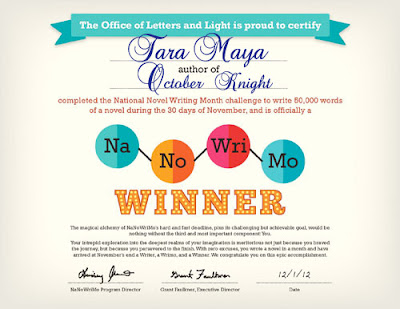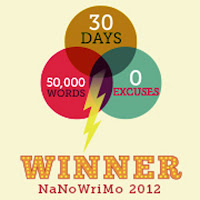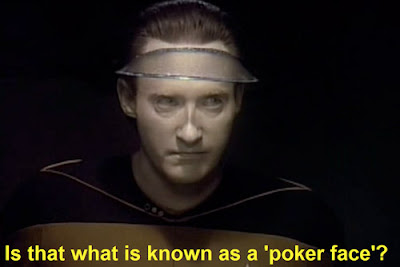I Won #NaNoWriMo! Now What?

It's the end of the month, I've met my NaNoWriMo quota and I have the rough bones of a novel complete. Now it's time for me to step back and evaluate the novel I wrote as well as the way I wrote it. Here's my evaluation about the novel itself: State of the Draft: I have about half-scriptment and half draft. I would have been fine with just a scriptment, but that would have been only 20,000 words (about one third of the final word-count), so I drafted some of the scenes more fully. The first third and some of the second two thirds are done, pockmarked with scenes in between that are still just outline plus dialogue. About four scenes are outline only. My Feelings About the Novel: During the month, I read three types of books to help me write the novel. I read books on How To Write Mysteries, books on How To Write Comedy and autobiographies by heroin addicts because of the heroin subplot in my book. I also spent a night staying up late watching both Trainspot...










